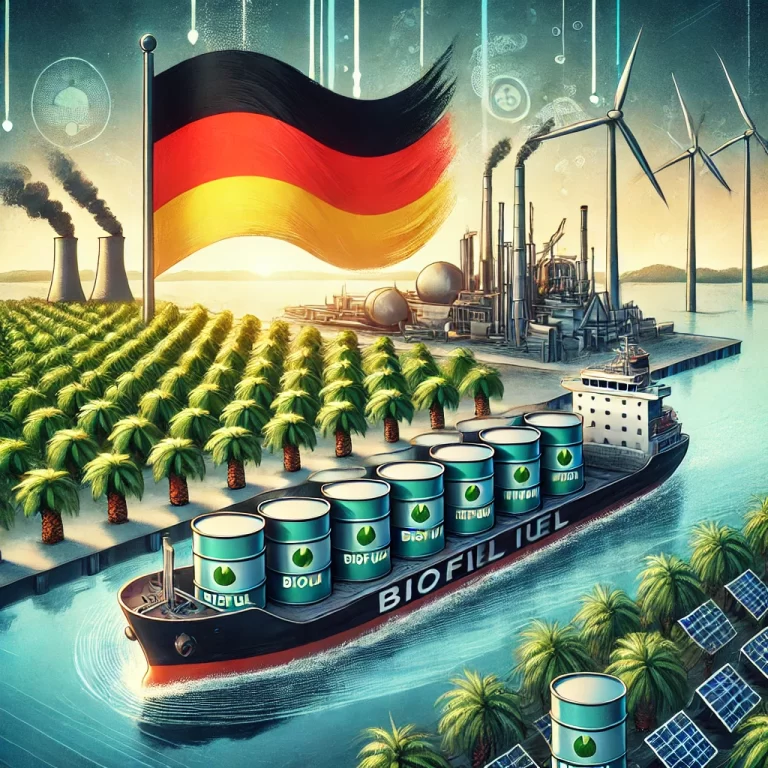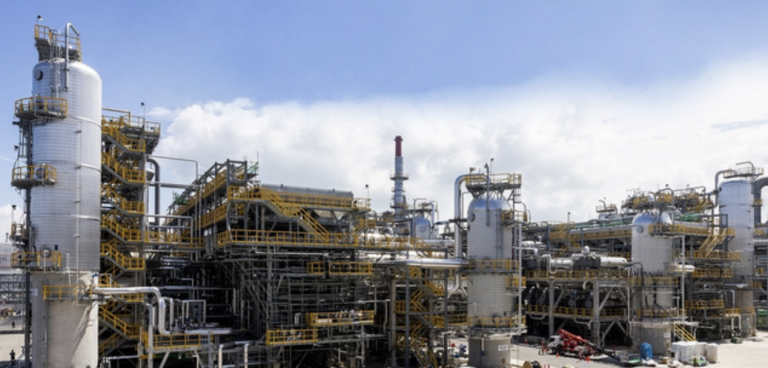
December 29, 2024
The Minister of Energy and Mineral Resources, Balil Rahadarya, recently stated that the Government of Indonesia will not only emphasize the independence of oil…

December 27, 2024
Brazil is significantly increasing its soybean processing capacity to meet biodiesel demand. Driven by the “Future Fuels” law, by 2027, the vegetable oil content…

December 23, 2024
Kawasaki Kisen Kaisha Corporation (K Line) announced on 19 December that it supplied marine biofuel to Viking Ocean, a car carrier operated by the…

December 20, 2024
Malaysian palm oil futures closed lower on Thursday and fell for the fifth consecutive session as they were dragged down by uncertainty over Indonesian…

December 19, 2024
Portugal’s Galp Energia (GALP.LS) said on Thursday it expects to start building an industrial-scale unit at its Sines refinery in 2026 to produce biodiesel…

December 18, 2024
Supporting and advancing future marine fuels technologies and investments, the U.S. Department of Energy (DOE) issued a Request for Information (RFI) to establish a…

December 18, 2024
December 19: Petrobras has signed contracts worth R$16.5 billion ($2.6 billion) with Bram Offshore and Starnav Serviços Marítimos for the construction and chartering of…

December 18, 2024
Indonesia’s plan to expand its biodiesel mandates from 1 January 2025 has raised concerns that it could curb global palm oil supplies. Indonesia’s plan…

December 17, 2024
Energy company Mabanaft has reached an agreement with shipping company Hapag-Lloyd to supply B30 marine biofuel. On 12 December, Mabanaft’s Waltershof tank farm in…

December 12, 2024
HD Hyundai Oil Bank said on 12 December that it exported ultra-low sulphur bio marine oil to Taiwan shipping company Yang Ming for the…


